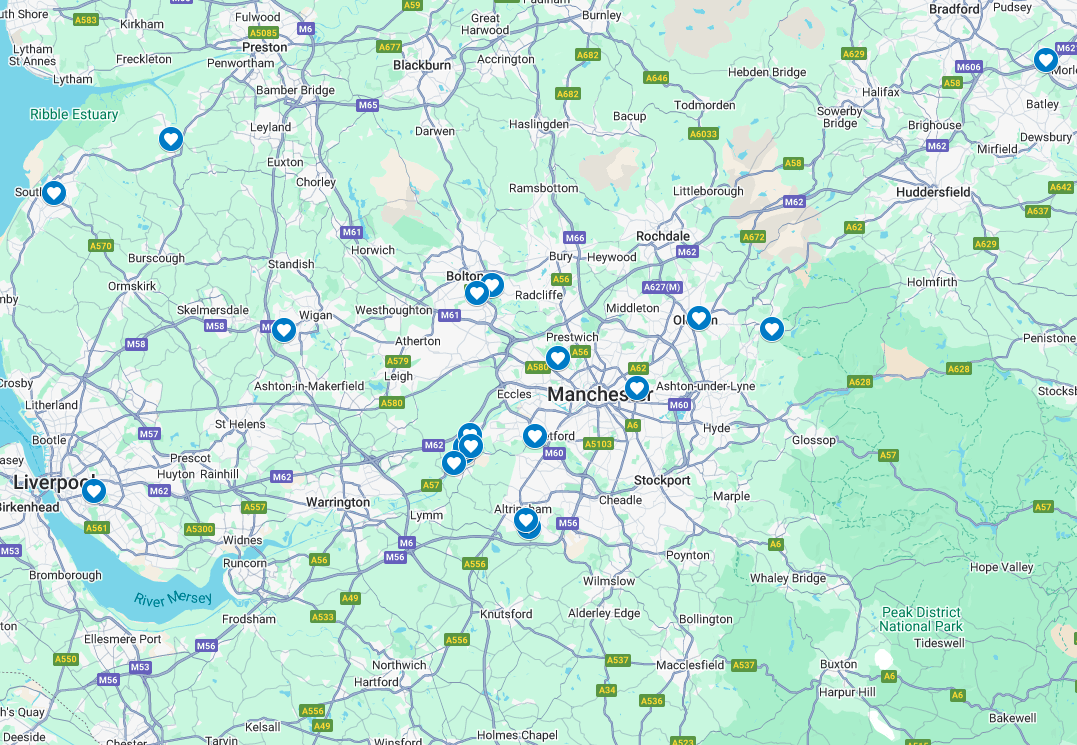How Stress Affects the Heart

Stress is the emotion of feeling under too much mental or emotional pressure. A variety of things can cause a person to feel stressed, such as their job, illnesses or even something that’s seemingly exciting, such as moving into a new home.
Headlines are consistently linking stress to your heart health, but is there any truth behind these claims? Coming out of Stress Awareness Month, we’re investigating to see if our heart health and stress is really linked.
The Stress Risks
According to the BHF, stress is not a direct risk factor for your heart circulatory diseases, however, it is possible that it may contribute to your risk factor. This all depends on the coping mechanisms you use when you’re experiencing a stressful occasion.
People who have already been diagnosed with coronary heart disease and experience feelings of anxiety or are under a lot of stress, regardless of the cause, may experience symptoms such as angina. This is a pain or discomfort felt in your chest, patients also may experience pain in their arm, neck, stomach or jaw.
However, a study from Harvard University has claimed for the first time that stress may be linked to heart and circulatory diseases in humans. Consistent stress has been linked to higher activity within an area of the brain that is linked to processing emotions and an increased likelihood of developing heart and circulatory disease.
Emily Reeve, a Senior Cardiac Nurse at the British Heart Foundation said “The link between stress and increased risk of developing heart disease has previously focused on the lifestyle habits people take up when they feel stressed such as smoking, drinking too much alcohol and overeating.”
“Exploring the brain’s management of stress and discovering why it increases the risk of heart disease will allow us to develop new ways of managing chronic psychological stress. This could lead to ensuring that patients who are at risk are routinely screened and that their stress is managed effectively.”
What can you do to Manage Stress?
If you feel stressed or anxious, it’s vital that you find tools that help you to relax and unwind. Simple changes to your lifestyle really can make a big difference and help you cope with stress. It might help to firstly identify situations that make you feel stressed at home or at work and try to avoid them, if possible.
Some stress management tools include:
Keeping a positive attitude Learn and practice relaxation techniques Exercise regularly Eat a healthy, well-balanced diet Make time for your hobbies Get enough sleep Don’t rely on alcohol, drugs or compulsive behaviours to reduce stress Spend time with those you enjoy If needed, seek professional treatment
Chill Out
Taking time to ensure your stress levels are low or in control is absolutely crucial to your overall health. Stress can impact your life in a variety of ways, but managing stress can help improve your mood, immune system and even promote longevity.
What do you do to chill out and reduce stress levels? Share your stress-busting methods in the comments section below or head on over to our Twitter channel, @defibshop and share your tactics there.
defibshop are committed to equipping everyone with the skills and knowledge to save a life. Speak to one of our Product Specialists on 0161 776 7422 or fill out our Contact Form.
Image by Luis Villasmil from Unsplash.












